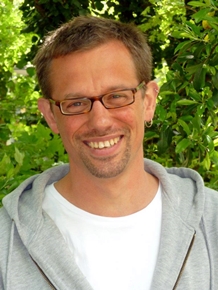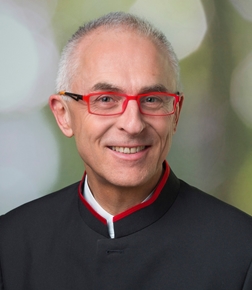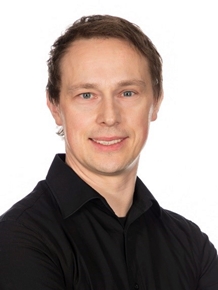
University of Potsdam
Current trends in Physical Education’s didactics regarding QPE
18 November, 09:45–10:25
There is an increasing discussion among experts about the quality of teaching in all school subjects. The presentation deals with a quality perspective on Physical Education. A systematic literature review on the cutting edge of research regarding teaching quality in physical education (QPE) in the German-speaking countries will be presented and a comparison with an internationally accepted and subject-independent framework of quality of instruction will be provided. The results of the systematic review made clear that there is an increasing orientation towards the wide-accepted concept of three basic dimensions of the teaching quality in PE. Furthermore, recent publications in PE tended to have an empirical focus. A comparison of PE-specific situation with the interdisciplinary framework of Praetorius and Charalambous (2018) demonstrated that (1) PE specific approaches could be integrated in this framework, but also that (2) not all dimensions of this framework were considered in the PE-related literature with regard to the quality of teaching. Henceforth, the extent to which these dimensions are significant in PE must be identified. Moreover, the benefits of the subject-related didactical discourse from general education research must be examined.
Bio:
Erin Gerlach is working as professor at the University of Potsdam in Germany. After qualifying as a teacher for Physical Education (PE), Chemistry and Educational Sciences at the Free University of Berlin, he was research assistant and completed his PhD at the University of Paderborn. He was a research assistant at the Institute of Sport Science in Bern (Switzerland) and Postdoctoral Research Fellow at the Institute of Exercise & Health Sciences at the University of Basel (Switzerland). Since April 2013, holds the position as a Full Professor of “Sportdidaktik” at the University of Potsdam in Germany with the research program “Empirical Educational Research in Sport Science”.
His research covers pedagogy related fields of PE, the human movement culture and sport with an empirical educational approach. He is a representative of an empirical oriented sport pedagogy that aims at working interdisciplinary as well as by an empirical research subject didactics that uses empirical research methods from related disciplines according to relevant research questions. Current research projects focus on the following research topics:
- school effectivity research in PE
- assessment of quality criteria in PE (QPE) and their impact on students
- development of instruments to assess Basic Motor Competencies (BMC; German: Motorische Basiskompetenzen, “MOBAK”)
- professional competencies (PCK, CK, skills, attitudes, educational beliefs)
- promotion of classroom management skills and efficacy expectations of PE students
- effects of sport club involvement on adolescents, self-concept and personality development in and through sport
- dual careers of elite athletes in schools
He is on the board of national and international associations, Journals and book series as well as ad hoc-reviewer for international and national journals within sport science and in the educational sciences.


